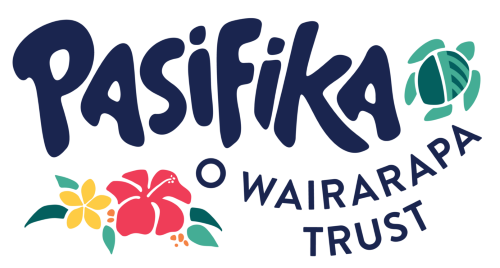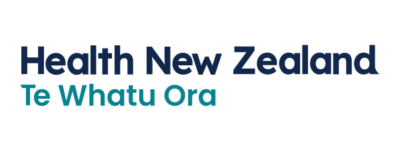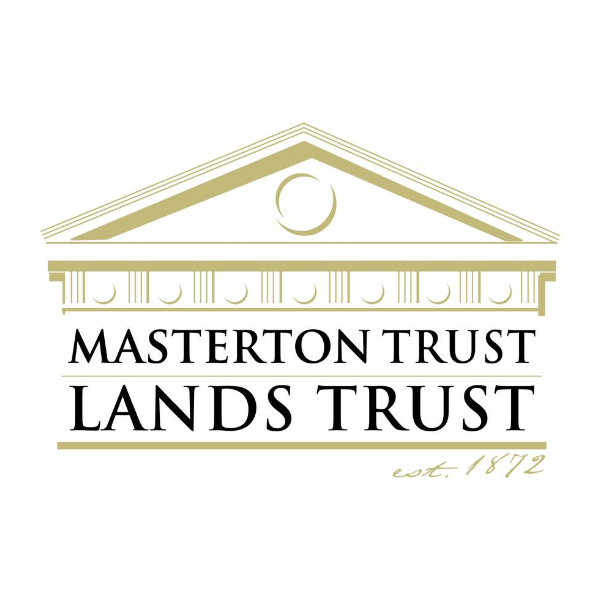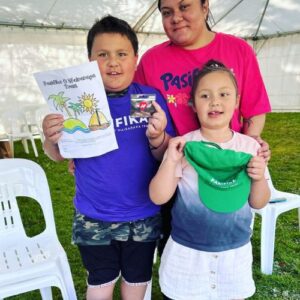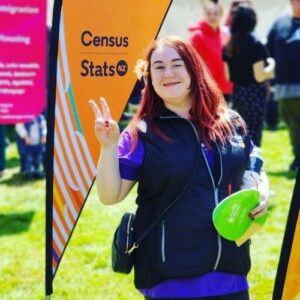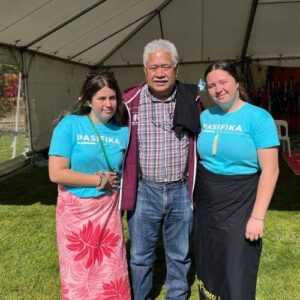Cyclone Gabrielle – Important information for our local communities
The effects of Cyclone Gabrielle continue to be felt across the region with local communities, particularly our coastal and eastern communities, impacted by the effects of the weather. We know it’s tough out there and we are working hard to get support to you. In the meantime, here is some helpful information.
- If there is an immediate threat to life, call 111.
- If there are any welfare issues relating accommodation, food, or other needs because of the severe weather call 0800 CD WAIRARAPA (0800 239 247).
- Rural farmers can contact the Rural Support Trust through their Facebook page @ruralsupporttrustwai
Please let your local Council know if there are any new roading or water issues. Phone numbers below:
- Masterton District Council 06 370 6300
- Carterton District Council 06 379 4030
- South Wairarapa District Council 06 306 9611
Community
- Remember to check in on neighbours who are vulnerable if you can. Get the latest neighbourhood support news here: https://www.neighbourhoodsupport.co.nz
- If you need to leave your home, please head to local family of friends in the first instance if you can.
- Check the WREMO website for great info on staying safe before, during, and after a storm: http://wremo.nz/hazards/severe-weather/
Roading
- Across the Wairarapa, roads remain closed due to slips and flooding. Limited resources and the evolving situation mean all road hazards may not be marked in all affected areas.
- Please do not to use the impacted roads unless essential, and drive with extreme care and preferably during daylight hours.
- Councils are working extremely hard to re-open the roads and we ask that people be patient as we carry out this work.
- Keep an eye on your Council’s website or get updates via radio.
Civil Defence Payment
- If you and your family have been affected by Cyclone Gabrielle, you may be able to get a Civil Defence payment
- Go to workandincome.govt.nz/eligibility/emergencies/cyclone-gabrielle for more information.
Water
- Assume that all flood water is contaminated by run-off from the surrounding environment e.g., farm run-off with faecal matter from animals, sewage, farm chemicals, diesel/petrol from roads etc. Avoid contact with flood waters if possible. Most importantly, use basic hygiene.
- Always wash your hands with soap and water
- Do not allow children to play in flood-affected areas until clean-up is complete. If children have been in flood-affected areas, make sure they wash their hands well afterwards
- Take photos of all damage prior to clean-up for insurance purposes.
- We’ve attached a flyer from Te Whatu Ora Health New Zealand that includes information about:
- Drinking water safety after a flood, making water safe to drink, contaminated food, preparing and making food, sewage contamination concerns, what to do if you have gastroenteritis (tummy bug) symptoms, flood water contamination inside your home, flood water contamination outside your house, drying out your house, removing mould, hazardous substances, dead animal management, getting rid of rubbish
Supplies
- We’ve had a call to supply food to some of our coastal and eastern communities’ towns which we are doing with the support of the Upper Hutt Community Rescue team and the NZDF who have joined our efforts.
- Again, if you have any welfare issues relating accommodation, food, or other needs because of the severe weather call 0800 CD WAIRARAPA (0800 239 247).
Forecast
- Rain is expected to ease which should see rivers receding.
- Keep an eye on the weather and visit Met Service for up-to-date weather warnings: www.metservice.com/warnings/home
Mental wellbeing and emotional support
- We appreciate this will be a very difficult time for many people. For help with anxiety, distress, or mental wellbeing call/test “Need to Talk” on 1737 to speak to a trained counsellor for free, 24 hours a day, 7 days a week.
- Or call Rural Support Trust on 0800 787 254 to talk to someone who understands the pressures of rural life.
